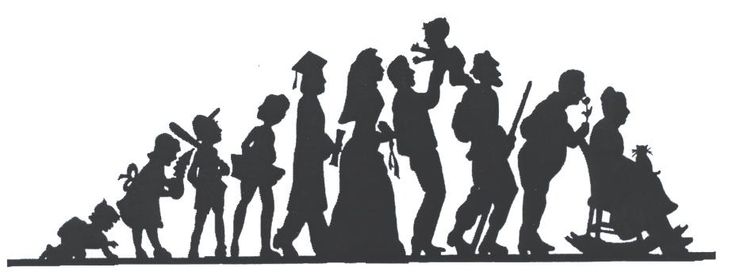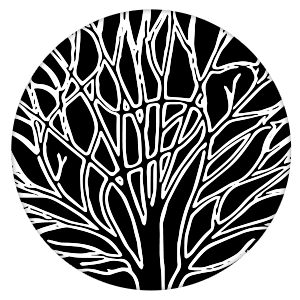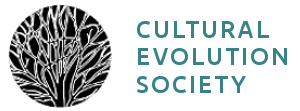Foundations of Cultural Evolution
Lecture 5: Does learning change over the life cycle?

Life cycles in evolutionary models
Like most species, our life consists of stages. We are babies, toddlers, kids, juveniles, young adults and then we become old. For convenience we ignored these distinct stages and for the most part still felt theoretically intact. But for those interested in development and the life history of the individual, the glossed over details of learning across the life cycle becomes the most interesting part. Do individuals learn differently over different stages of life?
References cited
*McElreath, R., & Strimling, P. (2008). When natural selection favors imitation of parents. Current Anthropology, 49(2), 307-316.
Reyes-García, V., Gallois, S., & Demps, K. (2016). A Multistage Learning Model for Cultural Transmission: Evidence from Three Indigenous Societies. In H. Terashima & B. S. Hewlett (Eds.), Social Learning and Innovation in Contemporary Hunter-Gatherers: Evolutionary and Ethnographic Perspectives (pp. 47–60). Springer.
Further readings about transmission along the life cycle
Demps, K., Zorondo-Rodríguez, F., García, C., & Reyes-García, V. (2012). Social learning across the life cycle: cultural knowledge acquisition for honey collection among the Jenu Kuruba, India. Evolution and Human Behavior, 33(5), 460-470.
Newson, L., Postmes, T., Lea, S. G., & Webley, P. (2005). Why are modern families small? Toward an evolutionary and cultural explanation for the demographic transition. Personality and social psychology review, 9(4), 360-375.
This project was supported by Grant #61105 from the John Templeton Foundation to the University of Tennessee, Knoxville (PIs: S. Gavrilets and P. J. Richerson) with assistance from the Center for the Dynamics of Social Complexity and the National Institute for Mathematical and Biological Synthesis at the University of Tennessee, Knoxville.

The Cultural Evolution Society's Online Learning Tutorial Series is licensed under a Creative Commons Attribution-NonCommercial-ShareAlike 4.0 International License. For designers' contact information, click here.



